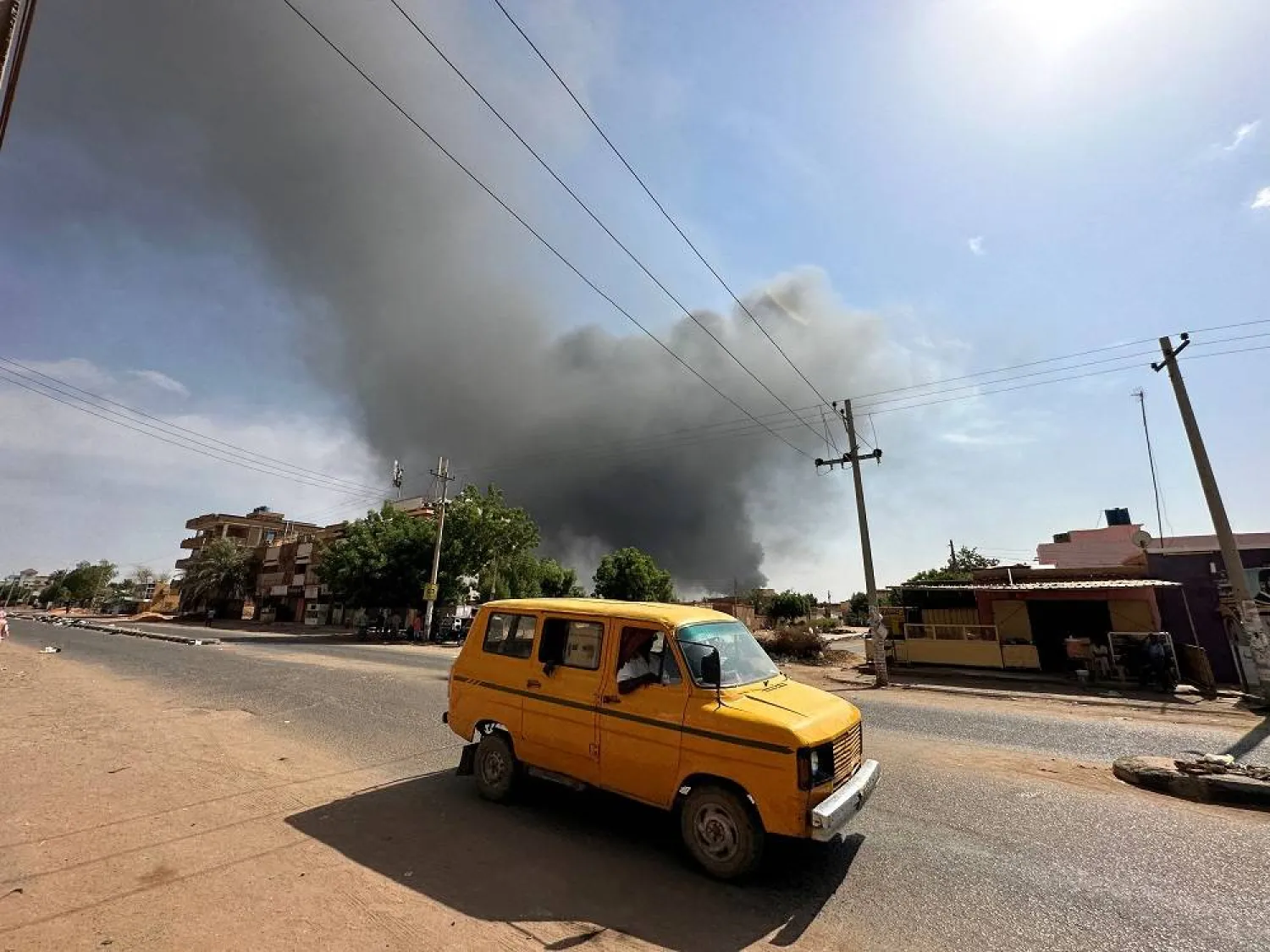The Intergovernmental Authority on Development (IGAD) Quartet Group of Countries met in the Ethiopian capital Addis Ababa on Monday to discuss the implementation of the IGAD Roadmap for peace in Sudan.
The meeting was chaired by Kenya’s President William Ruto and attended by Ethiopian Prime Minister Abiy Ahmed and representatives of the IGAD members.
In a statement, IGAD "strongly urges the parties to immediately stop the violence and sign an unconditional and indefinite ceasefire through a cessation of hostilities agreement that would be supported by an effective enforcement and monitoring mechanism."
It stressed that there can be no military solution to the conflict in Sudan. It added that it would "mobilize and concentrate the efforts of all stakeholders towards delivering a face-to-face meeting between the leaders of the warring parties."
Fighting that erupted between the army and Rapid Support Forces (RSF) on April 15 in Khartoum, Sudan's capital, has spread to other parts of the country and driven more than 2.9 million people from their homes.
IGAD also noted "the regrettable absence of the delegation of the Sudan Armed Forces in spite of the invitation and confirmation of attendance."
The army had rejected Kenya's president as head of the committee facilitating the talks.
Sudan's foreign affairs ministry, which is controlled by the army, said the delegation did not turn up because IGAD had ignored its request to replace Ruto as head of the committee spearheading the talks.
Ruto "lacks impartiality in the ongoing crisis," the ministry said through the state news agency. Last month it accused Kenya of harboring the RSF.
Neither Ruto's office nor the Kenyan ministry of foreign affairs responded immediately when Reuters sought comment. The Kenyan government said last month the president was a neutral arbiter who was duly appointed by the IGAD summit.
Following the meeting, Ruto called for an unconditional ceasefire and the establishment of a humanitarian zone — spanning a radius of 30 kilometers in Khartoum — to aid the delivery of humanitarian assistance.
IGAD said in a statement it had agreed to request a summit of another regional body, the 10-member Eastern Africa Standby Force, "to consider the possible deployment of the EASF for the protection of civilians and guarantee humanitarian access."
It added that along with the African Union, it would immediately start a "civilian engagement process" aimed at delivering peace.









